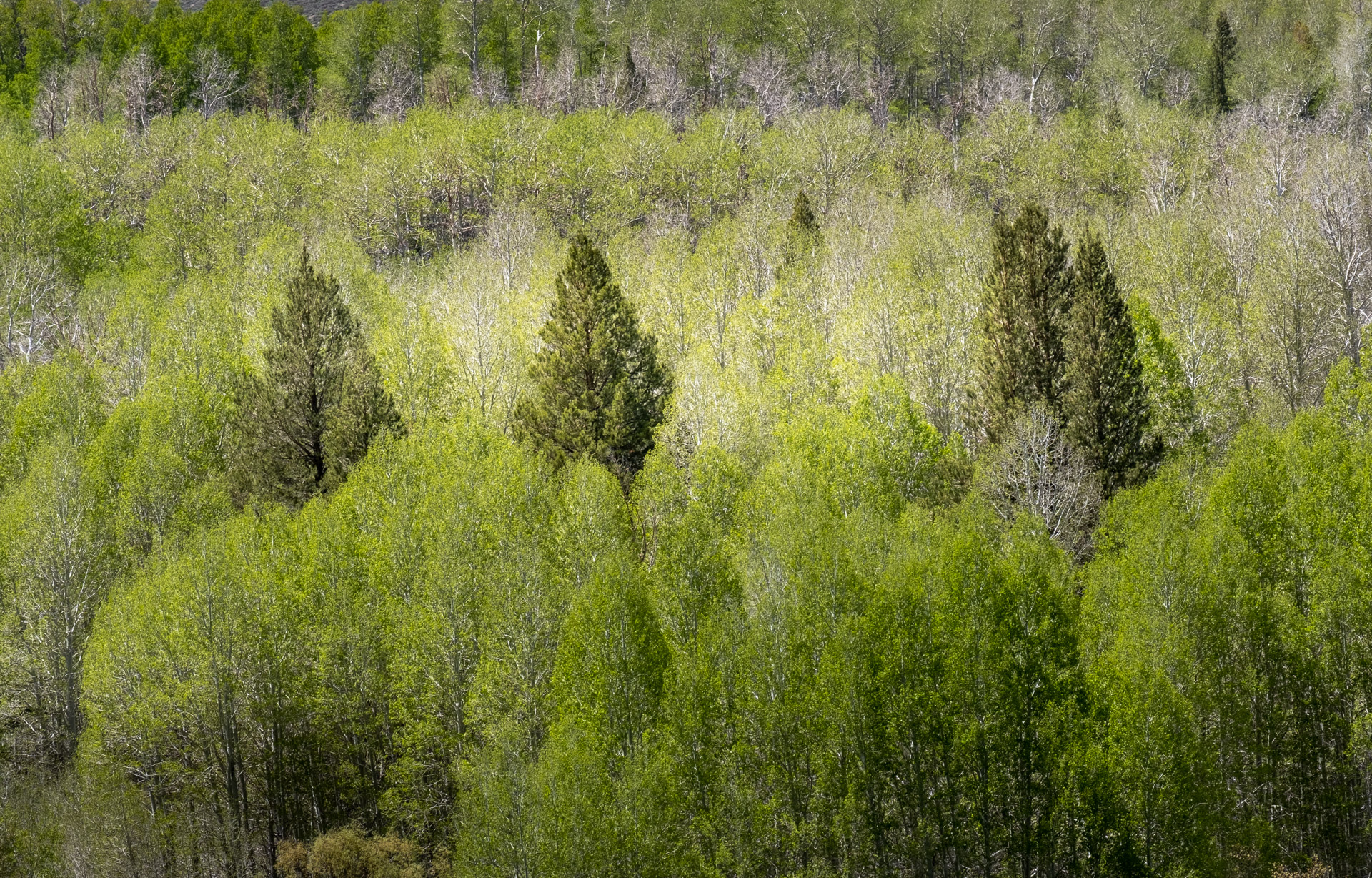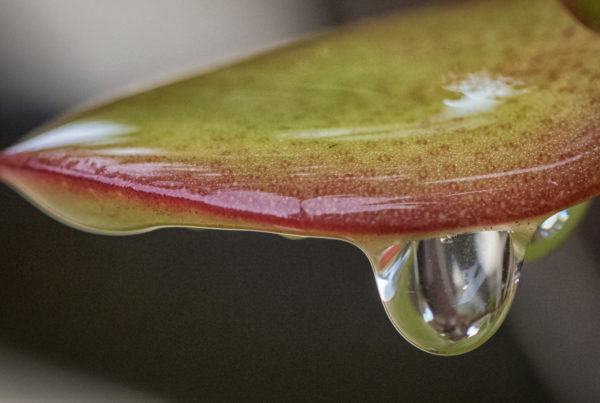There is a wealth of research that describes the restorative power of nature: how time spent in nature makes people happier and healthier and positively impacts our physical, mental and spiritual health.
Nature can simultaneously calm and focus the mind. Nature can stimulate our intelligence, improve our ability to pay attention, and think more clearly. Mentally, access to nature is associated with reduced stress and anxiety, better moods, more resilience, and increased happiness and life satisfaction.
The natural world is an effective place for the human brain to overcome fatigue and to be restored. It can increase your vitality. It’s no surprise: when you’re outside, you awaken your senses. Surrounded by the colors, smells and sounds of all the living things in nature, you literally feel life all around you. And as a result, you feel more alive. Connecting to nature can also expand our senses and reignite the sense of awe and wonder we felt when we were kids.
 Why is nature so soothing to us? Some researchers hypothesize that since humans evolved and spent the overwhelming majority of our history in natural environments, we feel happiest and most at home in nature. In essence, we are hard-wired for nature.
Why is nature so soothing to us? Some researchers hypothesize that since humans evolved and spent the overwhelming majority of our history in natural environments, we feel happiest and most at home in nature. In essence, we are hard-wired for nature.
Yet studies shows that the average Americans spends 93 percent of their time indoors, of which 6 percent is in their cars. That makes only one half of one day spent outdoors in a week.
What are we doing indoors? We are looking at screens. Recent studies have found that people in the US spend as much as 10 hours and 39 minutes a day consuming media. The more time we spend with new technology, the more likely we are to suffer because of it. We have developed technologies that have isolated us from the natural world and made us disconnect with life. “Technostress” is a term coined to describe unhealthy behavior around new technology arising from all manners of everyday usage, like checking your phone constantly, compulsively sharing updates and feeling like you need to be continually connected on social media.
The more high-tech our lives become, the more nature we need to achieve natural balance. In his book “The Nature Principle,” author Richard Louv says, “A reconnection to the natural world is fundamental to human health, well-being, spirit and survival.” According to Louv, we all suffer from “Nature Deficit Disorder”- what happens when people don’t get enough nature in their life and the results are not pleasant: symptoms include anxiety, depression, insomnia, frustration, irritability and anger.
 Research shows that nature is such a powerful restorative agent that minimal contact—as little as five minutes—can generate positive effects. In fact, studies show that even just looking at photographs of nature can have benefits. Research done in hospitals, offices, and schools has found that even a simple plant in a room can have a significant impact on stress and anxiety.
Research shows that nature is such a powerful restorative agent that minimal contact—as little as five minutes—can generate positive effects. In fact, studies show that even just looking at photographs of nature can have benefits. Research done in hospitals, offices, and schools has found that even a simple plant in a room can have a significant impact on stress and anxiety.
It’s kind of a no-brainer: get outside daily and into nature! There is nature to be found everywhere, even in big cities.




